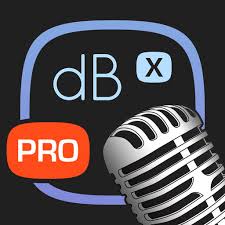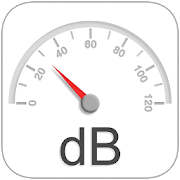Hearing Protection
Musicians and artists of all genres are at risk for noise induced hearing loss. However, proper hearing is vital to the sustainability of a performer—from being able to discern the right notes and beat, to playing or singing in the correct pitch and key.
Student Wellness Promotion and Services offers a variety of information and resources to help you preserve your hearing during and after your time at Berklee. We provide musicians earplugs at programs and events throughout the academic year, and we encourage students to check out the Berklee Hearing Health app to screen for hearing sensitivity.
Below we provide information about how noise can damage hearing, how you can protect your ears, and the various types of earplugs that are available to musicians and performers.
How Can Noise Damage Our Hearing?
Hearing loss due to noise exposure can be caused by a one-time exposure to a loud sound or repeated exposure to sounds at various loudness levels over an extended period of time.
Sound waves enter the outer ear and travel through the ear canal to the eardrum. The eardrum vibrates from the incoming sound waves and sends these vibrations to three tiny bones in the middle ear. The bones in the middle ear couple the sound vibrations from the air to fluid vibrations in the cochlea of the inner ear, which is shaped like a snail and filled with fluid. Once the vibrations cause the fluid inside the cochlea to ripple, a traveling wave forms along the basilar membrane. Hair cells—sensory cells sitting on top of the basilar membrane—ride the wave. As the hair cells move up and down, microscopic hair-like projections (known as stereocilia) that perch on top of the hair cells bump against an overlying structure and bend, creating an electrical signal. The auditory nerve then carries this electrical signal to the brain, which translates it into a sound that we recognize and understand.
Here are some warning signs of the presence of or exposure to hazardous levels of noise:
- You can't hear someone talking three feet away.
- You have a feeling of “fullness” in your ears after leaving a noisy area.
- You hear ringing or buzzing (tinnitus) in your ears immediately after exposure to noise.




